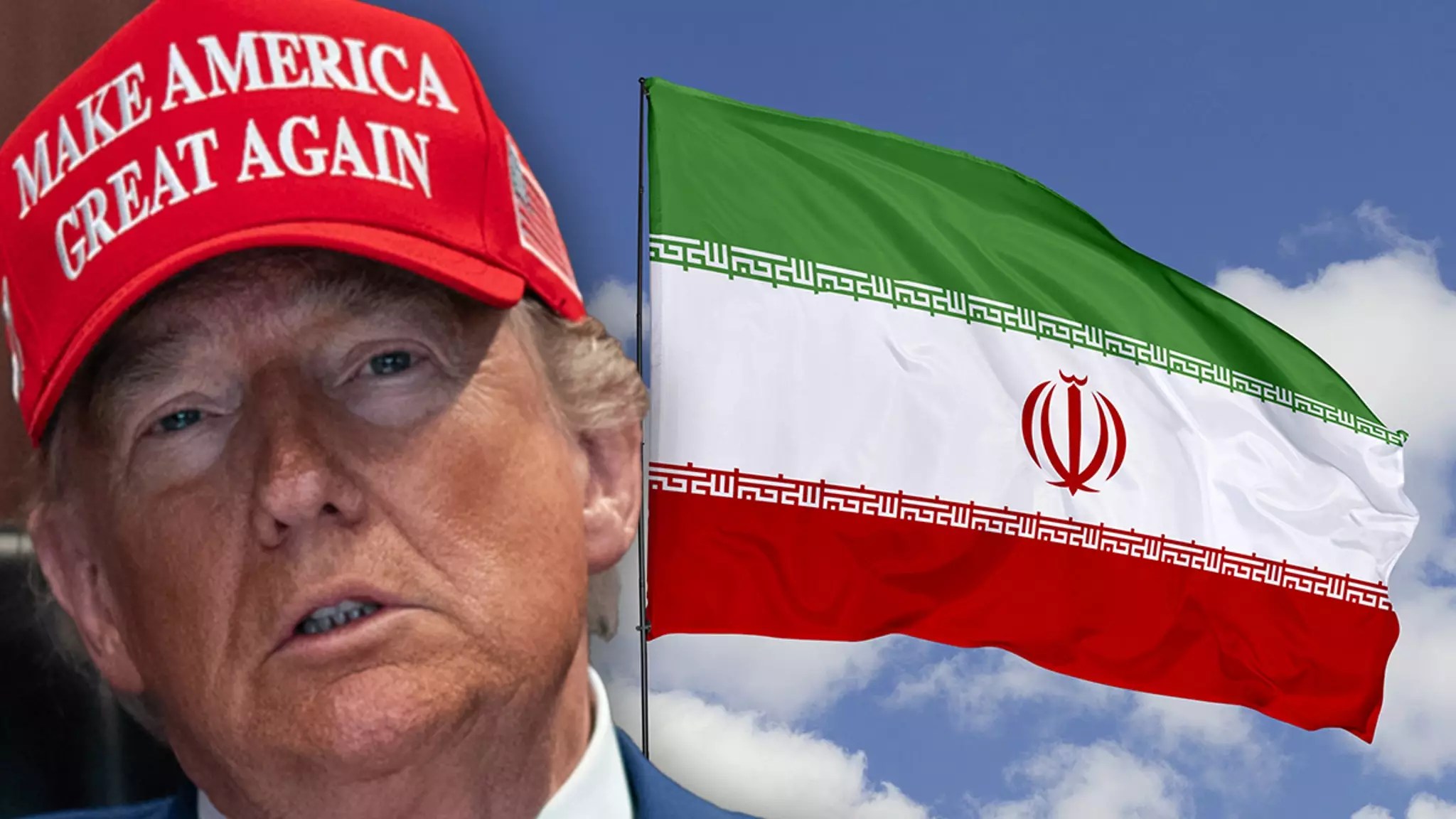In a striking shift from “America First,” former President Donald Trump has redirected his attention to Iran, igniting discussions around aspirations for regime change. On a social media rampage following a sensational attack on Iranian nuclear facilities, he introduced the audacious concept of “MAKE IRAN GREAT AGAIN” (MIGA), echoing his iconic campaign slogan from 2016. This emergence of MIGA categorically encapsulates Trump’s transformative outlook, as he contrasts his vision with the current Iranian regime alleged to be stifling progress and freedom.
This rhetoric is not merely political flourish; it is a calculated appeal to an audience disenchanted with existing leadership in Iran. Trump’s invocation of regime change hints at a willingness to destabilize an unpopular government if deemed beneficial to U.S. interests, a sentiment that resonates with a segment of the population that longs for an alternative to the status quo. There’s an unsettling bravado in his words, reflecting a potential endorsement of aggressive foreign policy that could lead to significant geopolitical ramifications.
Rhetoric vs. Reality: The Pentagon’s Stance
In stark contrast to Trump’s assertive narrative, Secretary of Defense Pete Hegseth articulated a more restrained approach during a Pentagon briefing. According to him, the airstrikes targeting Iran were not intended to incite a political upheaval; rather, the objective remained focused on neutralizing nuclear threats. This divergence in messaging raises pertinent questions about the coherence of U.S. foreign policy and the intentions behind military engagement in the region. While Trump’s proclamations seem to flirt with the notion of supporting grassroots uprisings, the Pentagon’s official line underscores a commitment to operational precision over regime change.
This contradictory messaging plays into the overall narrative that the U.S. government is often unable to align its military strategy with a clear diplomatic agenda. Trump’s rhetoric, brimming with nationalist fervor, can often overshadow the complexities involved in sustaining international relations, particularly in a region fraught with historical enmity and sectarian strife.
A Call for Change or a Dangerous Gamble?
The implications of Trump’s call for MIGA extend far beyond mere sloganism; it touches on a profound frustration with authoritarianism that resonates globally. Yet, one must question the efficacy and morality of advocating for regime change through military means. Will the aftermath lead to a liberated Iran or further entrenchment of hostilities? The apprehensions surrounding the U.S.’s propensity to intervene in foreign governance issues are well-documented, and all too often, the results have proven catastrophic rather than liberating.
Moreover, it is vital to consider the reactions of the Iranian populace to such declarations. While the idea of transformational leadership might excite factions within the country, there remains an overwhelming risk that such foreign interventions would provoke nationalistic backlash and deepen societal divides. The prospect of an American-backed revolution is likely to be met with skepticism and hostility rather than jubilation about newfound freedoms.
As Trump wages a renewed ideological battle through his call for MIGA, we must critically analyze the potential for meaningful change versus the likelihood of exacerbating existing tensions. This situation necessitates a thoughtful examination of the line between aspiration and aggression in foreign policy—elemental for charting the future of U.S.-Iran relations.


Leave a Reply